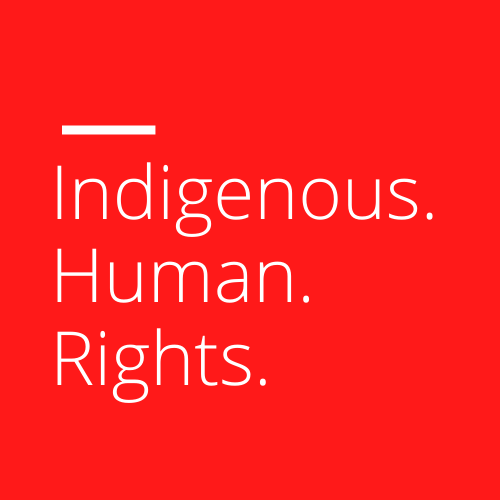Student-produced podcast sheds light on Indigenous peoples’ experiences at human rights tribunals
Awareness of human rights issues around the world grew exponentially with the development of technology and social media applications. While important, this global awareness has made awareness of human rights issues in our own country, provinces, and cities slip our minds. How we let this happen is immaterial. What matters is that we reestablish rightful awareness and education. Pro Bono Students Canada’s Indigenous Human Rights Podcast (the Podcast) seeks to do just that.
The Podcast is hosted by Flint Patterson (3L) and Fallon Benson (3L, University of Ottawa Common Law). Patterson is from Coquitlam, British Columbia, the ancestral lands of the Kwikwetlam First Nation, while Benson is from Rainy River Rapids First Nation.
We produce the Podcast, alongside Mathieu Tovar-Poitras (LLM, University of Ottawa). Brianna Morrison is a Métis-Cree woman from Edmonton, Alberta, the traditional territory of many Indigenous communities including the Nehiyawak/Cree, Tsuut’ina, Niitsitapi/Blackfoot, Métis, Nakota Sioux, Haudenosaunee/Iroquois, Dene Suliné, Anishinaabe/Ojibway/Saulteaux, and the Inuk/Inuit. Hayley VandePol is Mohawk, Turtle Clan, of the Akwesasne Reservation in New York State but calls Newmarket, Ontario, the traditional lands of the Wendat, Haudeno-saunee, and the Anishinaabe peoples, home.
Three episodes have been released to date. In the inaugural episode, the team talked to Cree and Métis-Cree lawyers Amber Prince and Myrna McCallum about their experience representing Deborah Campbell, an Indigenous mother who took the Vancouver Police to the British Columbia Human Rights Tribunal. In the second episode, the team spoke with Crystal Smith, who took her landlord to the BC Human Rights Tribunal after he tried to evict her for smudging in her apartment. In the latest episode, Gladys Radek shared her story of proving systemic discrimination after being questioned by security guards at her local shopping mall in Vancouver, British Columbia.
In all these cases, the Human Rights Tribunal found that there were acts of discrimination. They arose from ordinary activities, such as ensuring the safety of one’s child, practicing one’s culture in their own home, and entering a mall to grab a coffee. This illustrates how, as Patterson says, “Every day, Indigenous folks are accosted in ways that demean their inherent human dignity.”
The podcast addresses the shortage of awareness and education about the human rights tribunal system in Canada. Reflecting on the tribunal process, Radek said, “It gave me a voice … I didn’t care what anyone thought of me anymore, I was Indigenous, and I am proud of who I am.”
This podcast is not just for Indigenous people: it is an essential listen for all. By amplifying Indigenous voices and experiences, we hope that Treaty people become more aware, learn, and start talking about how the human rights system needs to change.
The fourth episode (coming soon!) will be with lawyers Mandy Wesley and Amanda Driscoll. Wesley is a member of the Cree Nation and Bearskin Lake First Nation, and Driscoll is a settler. Together, they worked on a legal team representing Gary McKay at the Ontario Human Rights Tribunal. McKay, an Indigenous man, brought a claim against Toronto Police Services for racially profiling him while he was out on a regular day showing a friend his flyer delivery route. Wesley and Driscoll have strong words about how the system must change.
The podcast is available on Apple Podcasts, Spotify, and the Indigenous Human Rights Program website. Follow PBSC on Twitter (@PBSC_EPBC) and Instagram (@pbsc_epbc) to keep up to date with the Podcast.

Editor’s Note: Brianna Morrison and Hayley VandePol are Program Coordinators at PBSC’s Indigenous Human Rights Program and are the producers of the Indigenous Human Rights Podcast.





